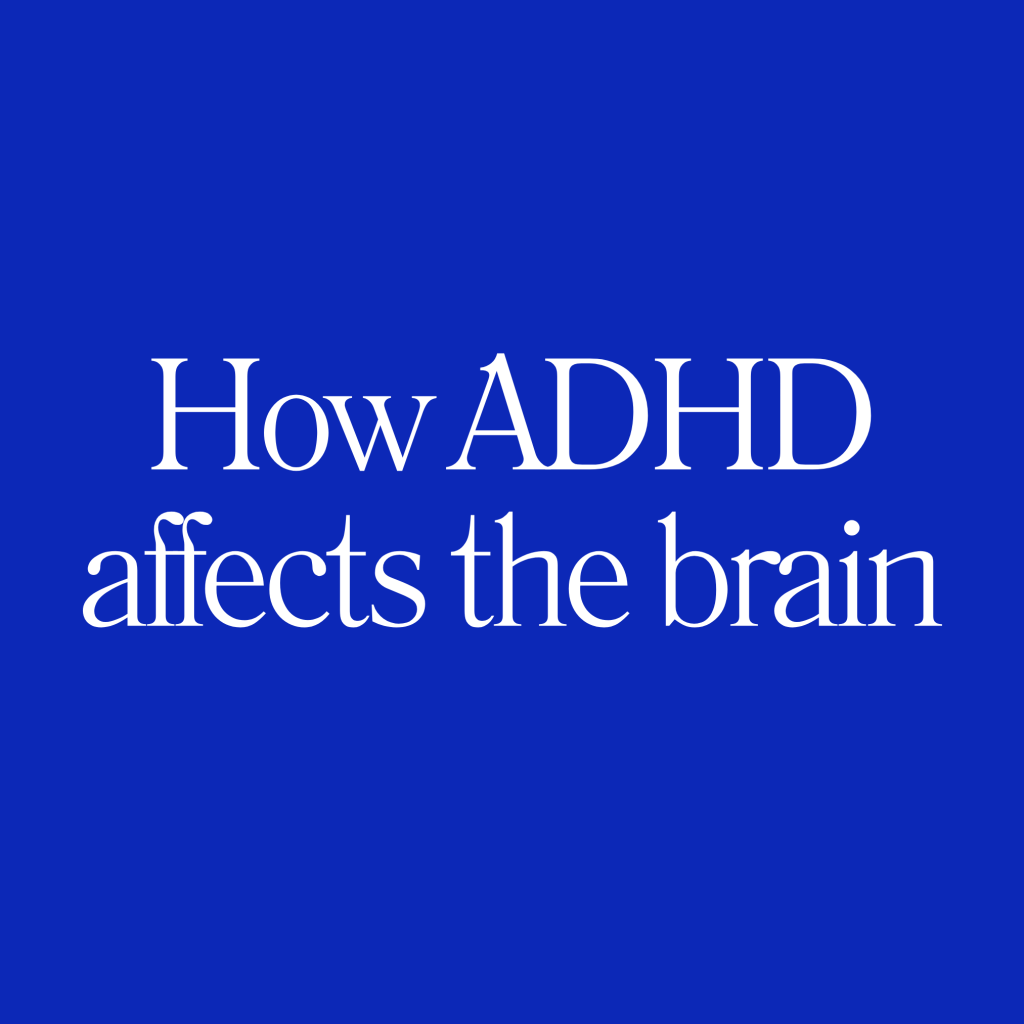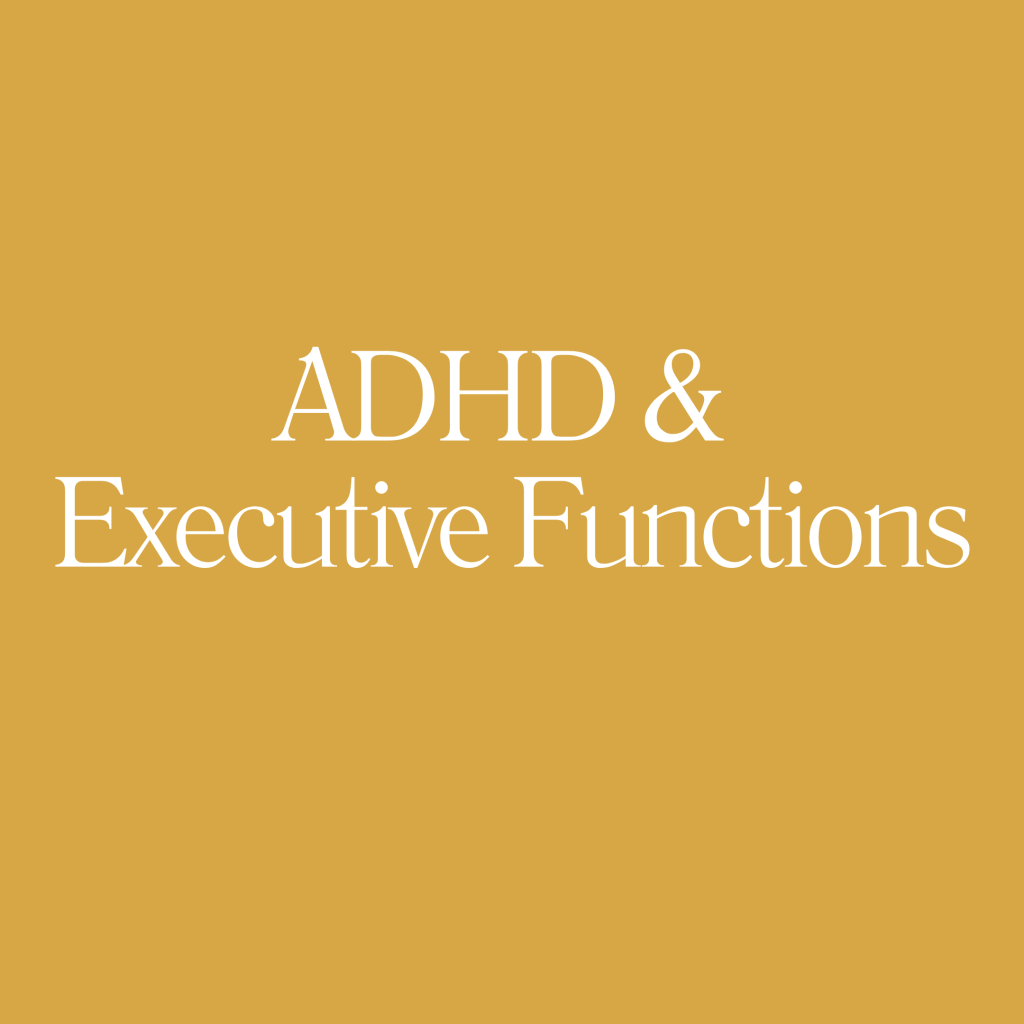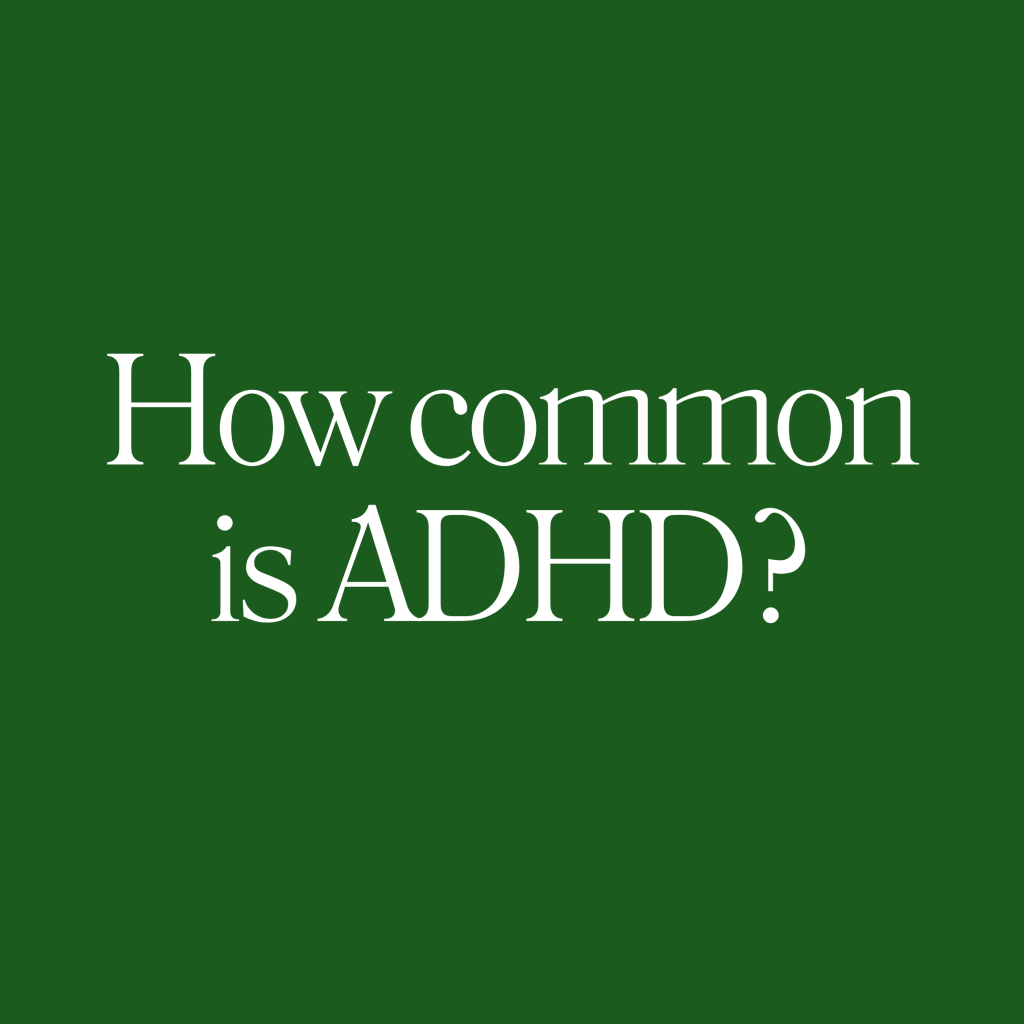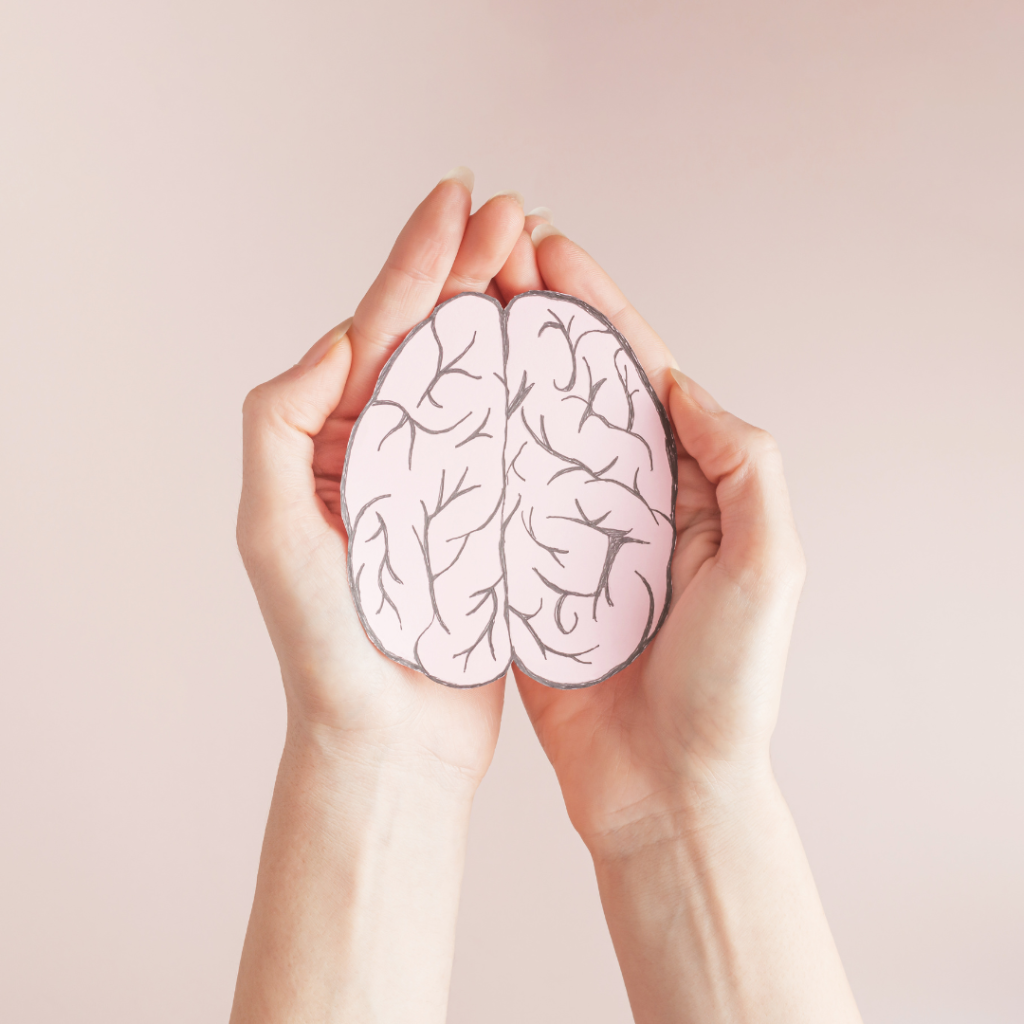The Silent Struggles of Adult ADHD.
Adult ADHD is often misunderstood, especially in the UK, where awareness has only recently started catching up. Many adults live with silent struggles and challenges that don’t fit the typical ADHD stereotype but can deeply affect daily life, relationships, and wellbeing.
I want to shed light on these hidden difficulties so you can understand why they happen, and feel empowered to seek the right support.
A Brief Overview of Adult ADHD
Attention Deficit Hyperactivity Disorder (ADHD) is a neurodevelopmental condition affecting attention, impulse control, and executive functioning. While often diagnosed in childhood, many adults remain undiagnosed or misdiagnosed in the UK. The UK National Institute for Health and Care Excellence (NICE) estimates that around 3-4% of adults have ADHD, yet many don’t get the support they need.
The Silent Struggles: Beyond the Classic Symptoms
You might be familiar with the classic ADHD symptoms like hyperactivity or obvious inattention. However, adult ADHD often shows up differently and less obviously, especially in women or those who’ve developed coping strategies over time. Here are some silent struggles many UK adults face:
1. Chronic Mental Exhaustion
Living with ADHD requires constant mental effort. The brain’s executive function areas work overtime just to keep up with organisation, time management, and prioritising. This constant ‘brain fog’ or exhaustion can feel like a hidden burden many don’t realise is linked to ADHD.
2. Emotional Dysregulation
Many adults with ADHD experience intense emotions that swing rapidly or feel overwhelming. Unlike mood disorders, these emotional shifts are often linked directly to ADHD brain wiring — something that UK psychologists are increasingly recognising as a key part of the condition.
3. Difficulty Starting Tasks (Initiation Problems)
You may find it hard to start important tasks even if you know they matter. This isn’t laziness or procrastination but executive function challenges affecting your brain’s ability to get going.
4. Sensitivity to Rejection or Criticism
Rejection Sensitive Dysphoria (RSD) is common in ADHD adults, where even minor criticism feels devastating. This sensitivity can quietly erode self-confidence and lead to social withdrawal.
5. Struggling with Organisation and Forgetfulness
Not just ‘forgetfulness’ but frequent misplacing of items, missing deadlines, or losing track of commitments can create a hidden chaos that drains energy and creates anxiety.
UK Evidence and Research Highlights
Recent UK research highlights these struggles and how underdiagnosis impacts mental health:
A Systematic review of late diagnosis of ADHD in women found that many women diagnosed later in life reported years of unexplained exhaustion and emotional overwhelm before diagnosis.
AuDHD Psychiatry reported the importance of recognising emotional dysregulation as part of ADHD in adults to improve treatment outcomes.
Surveys from UK ADHD show a large proportion of adults suffer in silence, fearing stigma or misunderstanding from family and workplaces.
Why Are These Struggles “Silent”?
Many of these difficulties are invisible and misunderstood both by the individual and those around them. Adults with ADHD often develop compensatory strategies to ‘mask’ their symptoms at great personal cost. In the UK workplace, stigma still exists, making it risky to disclose ADHD. This leads many to internalise their struggles and feel isolated.
How to Start Addressing These Struggles
Recognising these silent struggles is the first step. Here are some actionable strategies:
Seek a Professional Assessment: NHS adult ADHD services in the UK are expanding, but waiting times vary. Private assessments may be an option if you want faster access.
Build a Support Network: Connecting with ADHD support groups (like ADHD Foundation UK) can reduce isolation and provide practical tips.
Mindfulness and Emotional Regulation: Evidence supports mindfulness as a helpful tool to manage emotional overwhelm. Try guided practices tailored to ADHD.
Executive Function Coaching: Working with an ADHD coach can help build personalised strategies for organisation, time management, and task initiation.
Final Thoughts
If you recognise these silent struggles in yourself, you’re not alone and you don’t have to keep suffering in silence. By learning about your unique brain wiring and seeking the right support, you can transform challenges into strengths and reach the top of your personal potential.





